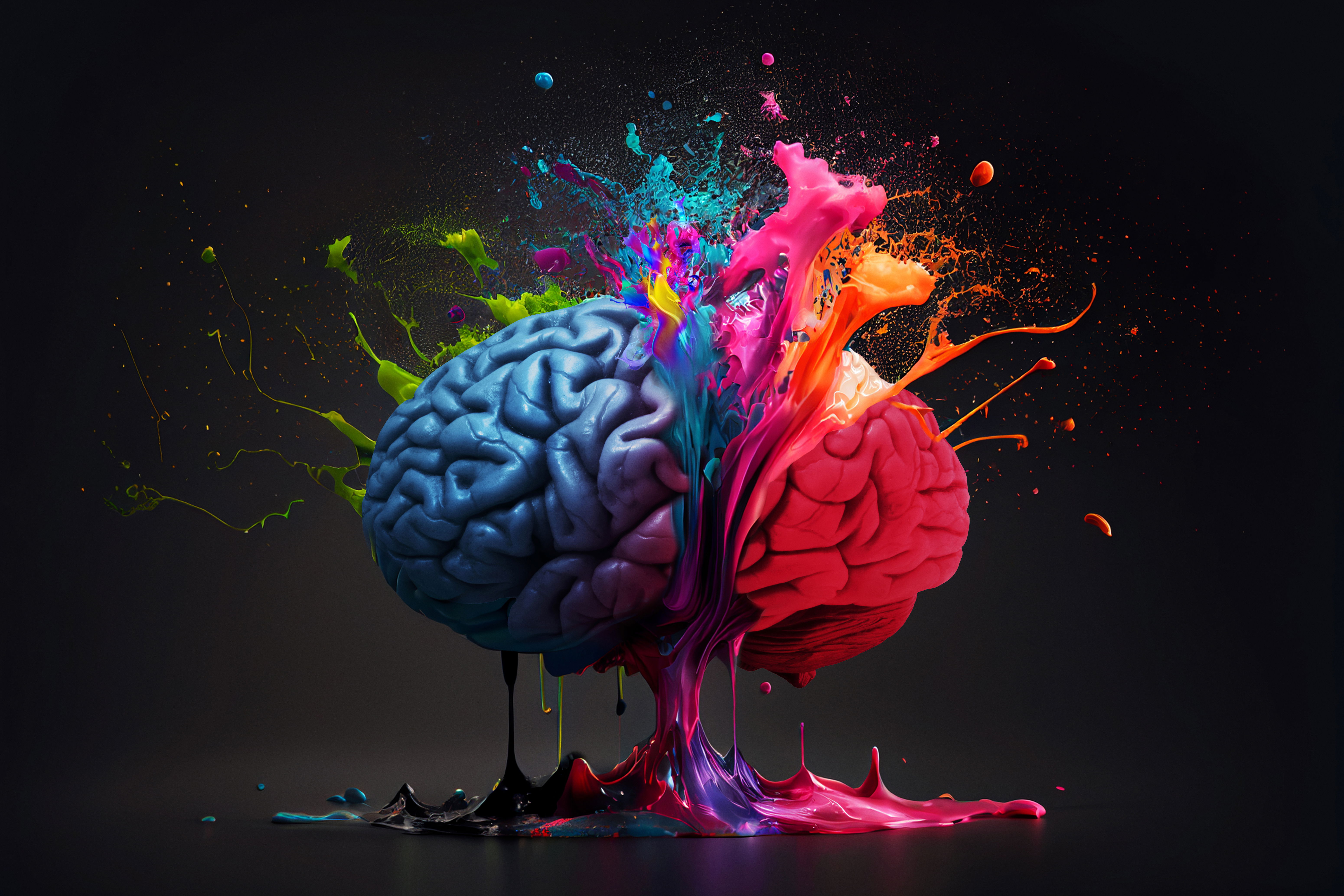7 THINGS MY NEURODIVERGENT CREATIVE MIND BRINGS TO COUNSELLING
Counselling is often seen as a structured, methodical practice—but for neurodivergent counsellors, it’s also an art form. Our minds work in ways that challenge convention, spark innovation, and create deeply meaningful connections with clients. Here are seven ways neurodivergence enhances the therapeutic space.
1. Thinking Outside the Box
Neurodivergent minds thrive on unconventional thinking. We see patterns others might miss, connect ideas in unexpected ways, and craft solutions that break free from rigid frameworks.
"Neurodiversity may be every bit as crucial for the human race as biodiversity is for life in general." – Harvey Blume
2. Deep Empathy & Emotional Intuition
Many neurodivergent counsellors experience emotions intensely, allowing for profound empathy. We don’t just listen—we feel, we understand, and we validate in ways that resonate deeply with clients. "
The world needs all kinds of minds." – Dr. Temple Grandin
3. Creative Communication
Traditional talk therapy isn’t always the best fit for every client. Neurodivergent counsellors often use metaphor, storytelling, visual aids, and even movement-based techniques to make therapy more accessible and engaging.
"Different, not less." – Dr. Temple Grandin
4. Hyperfocus & Passion for Growth
When we’re engaged, we’re really engaged. Neurodivergent counsellors often dive deep into research, continuously refining their practice and seeking new ways to support clients.
"Neurodiversity is the future of innovation and progress." – Steve Silberman
5. Sensory Awareness & Adaptability
We understand sensory sensitivities first hand, making us more attuned to creating comfortable environments for clients. Whether it’s adjusting lighting, offering fidget tools, or recognizing when a client needs a break, we intuitively adapt.
6. Authenticity & Transparency
Neurodivergent counsellors often embrace radical honesty. We don’t just perform empathy—we embody it, creating a space where clients feel safe to be their true selves.
"The problem is not that neurodiverse people have deficits, but that the world has deficits of acceptance and understanding." – Nick Walker
7. Resilience & Lived Experience
Many neurodivergent counsellors have navigated their own challenges, making them uniquely equipped to support others. We bring lived experience, hard-earned wisdom, and an unwavering belief in human potential.

Neurodivergent counsellors often adapt traditional therapeutic approaches to better suit the needs of both themselves and their clients. Here are some unique techniques they may use:
- Use of Metaphors and Analogies – Neurodivergent individuals often process information differently, so metaphors can make abstract concepts more relatable and easier to understand.
- Structured Therapy Models – Approaches like Transactional Analysis (TA) provide clear frameworks for understanding interactions, reducing stress and fostering engagement.
- Sensory-Aware Counselling – Adjusting the environment to accommodate sensory sensitivities, such as using soft lighting, noise-cancelling headphones, or movement breaks.
- Radical Acceptance – Encouraging clients to gently embrace their neurodivergence rather than trying to "fix" or mask it.
- Data-Driven Understanding – Using evidence-based approaches tailored to individual differences rather than relying on one-size-fits-all methods.
- Removing Barriers – Modifying traditional therapy structures to be more accessible, such as offering asynchronous communication or visual-based interventions.
- Psychoeducation – Providing clients with knowledge about neurodivergence to empower them in their self-understanding and advocacy.
These techniques help create a more inclusive and effective therapeutic experience for neurodivergent individuals.
Neurodivergence isn’t a limitation—it’s a superpower. This feels ingenuous to say when so many people still see the disorder, how can we get past this and see diversity as something so paramount to creative, unique and courageous living.
By embracing our unique ways of thinking, feeling, and connecting, we create richer, more inclusive therapeutic spaces.
What’s your favourite neurodivergent strength?
Let’s celebrate them together. 💙
